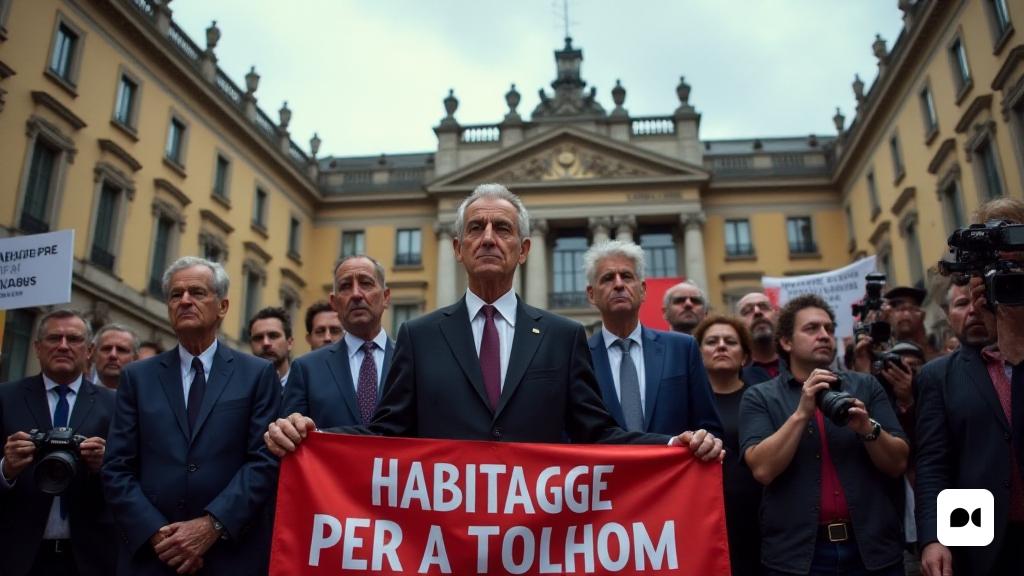An unexpected turn in Catalan politics
Salvador Illa, leader of the PSC, has made a decision that transforms the Catalan political landscape. At a time when citizens expressed a desire for change in the last election, Illa has chosen to associate with formations that have experienced a significant decline in support and representation.
Agreements that generate controversy
The PSC has recently reached an agreement with ERC, the Commons and the CUP, a movement that has aroused critical. This pact, which allows its political survival through a housing decree, has been perceived as a desperate attempt to stay in Flote. The commons had warned about the possibility of withdrawing their support if a consensus was not achieved.
The impact of the May 12 election
The elections of May 12 were a reflection of the popular will for a significant change. In this context, the PSC has decided to join formations that have lost a considerable amount of votes, including ERC, which lost 178,446 votes and 13 seats. This strategy raises questions about its ability to lead effective government.
A risky alliance
The collaboration of the PSC with parties that have suffered a drastic loss of election support is a risk factor. ERC, Comuns and the CUP, which reduced their parliamentary weight from 37% to 22%, seem to be a burden for their governability. This alliance not only postpone solutions to problems such as housing, but also the legitimacy of the PSC.
The dilemma of legitimacy
The pressure to implement policies that meet the CUP’s demands and the commons could compromise the PSC authority. To yield to the demands of these formations, which represent a minority, can be seen as a setback on his political agenda. This evokes the processist period, where decisions were made under the influence of a small number of deputies.
The future of the island’s government
With this new agreement, the PSC is in a delicate position. Although the situation may have stabilized temporarily, its alliances with decline formations could end up mortgaging their reformist ambitions. The need for support for future budget projects will become a crucial challenge, and its ability to lead effective government will constantly be under scrutiny.
A new age for Catalan politics?
The recent agreement with ERC, common and the CUP could mark a significant change in the way the PSC operates. With the imminent presentation of this pact, it will be interesting to see how Illa and its allies try to justify their decisions before the citizens, as well as the reaction of the opposition parties. Catalan politics could be entering a new phase, marked by unconventional alliances.

